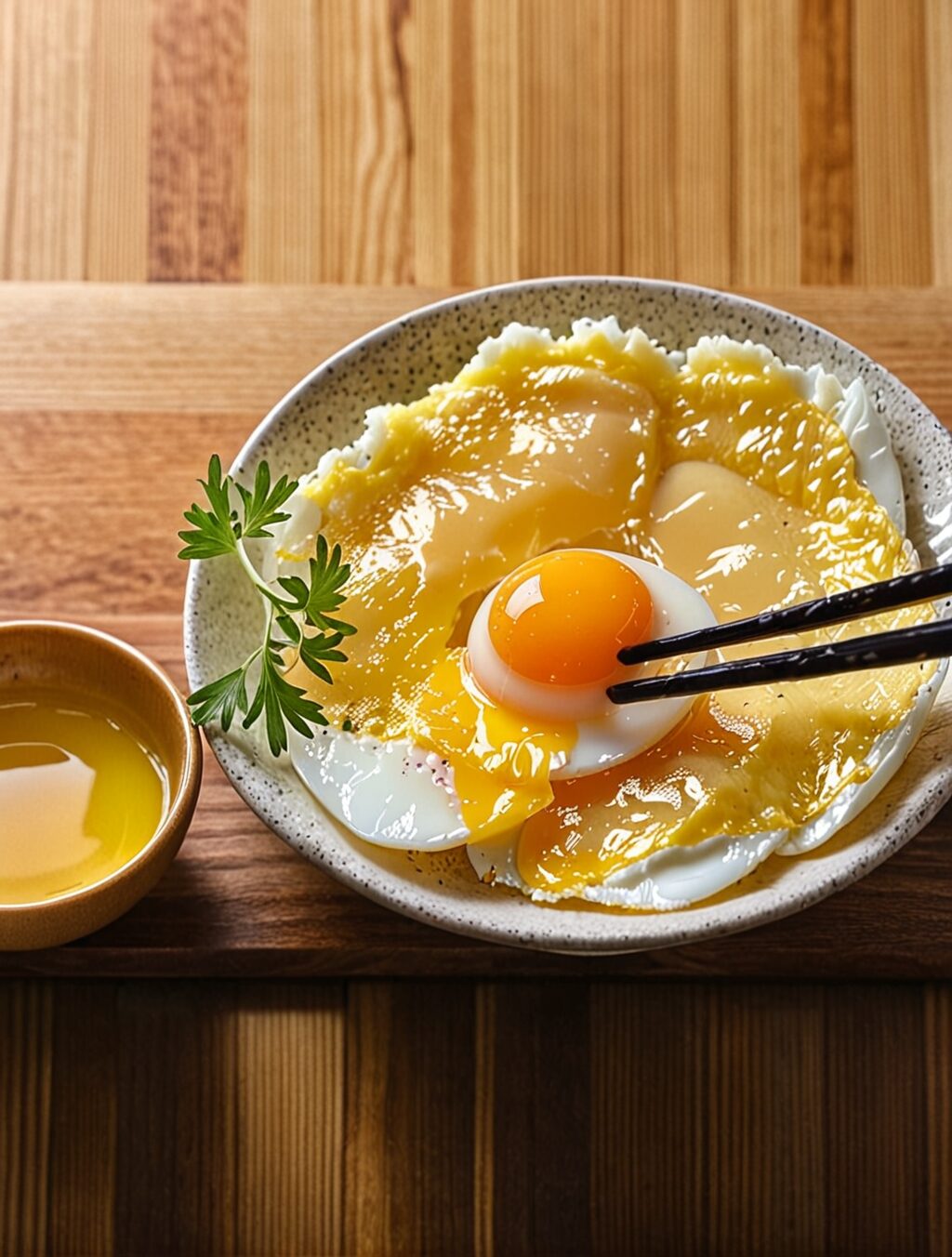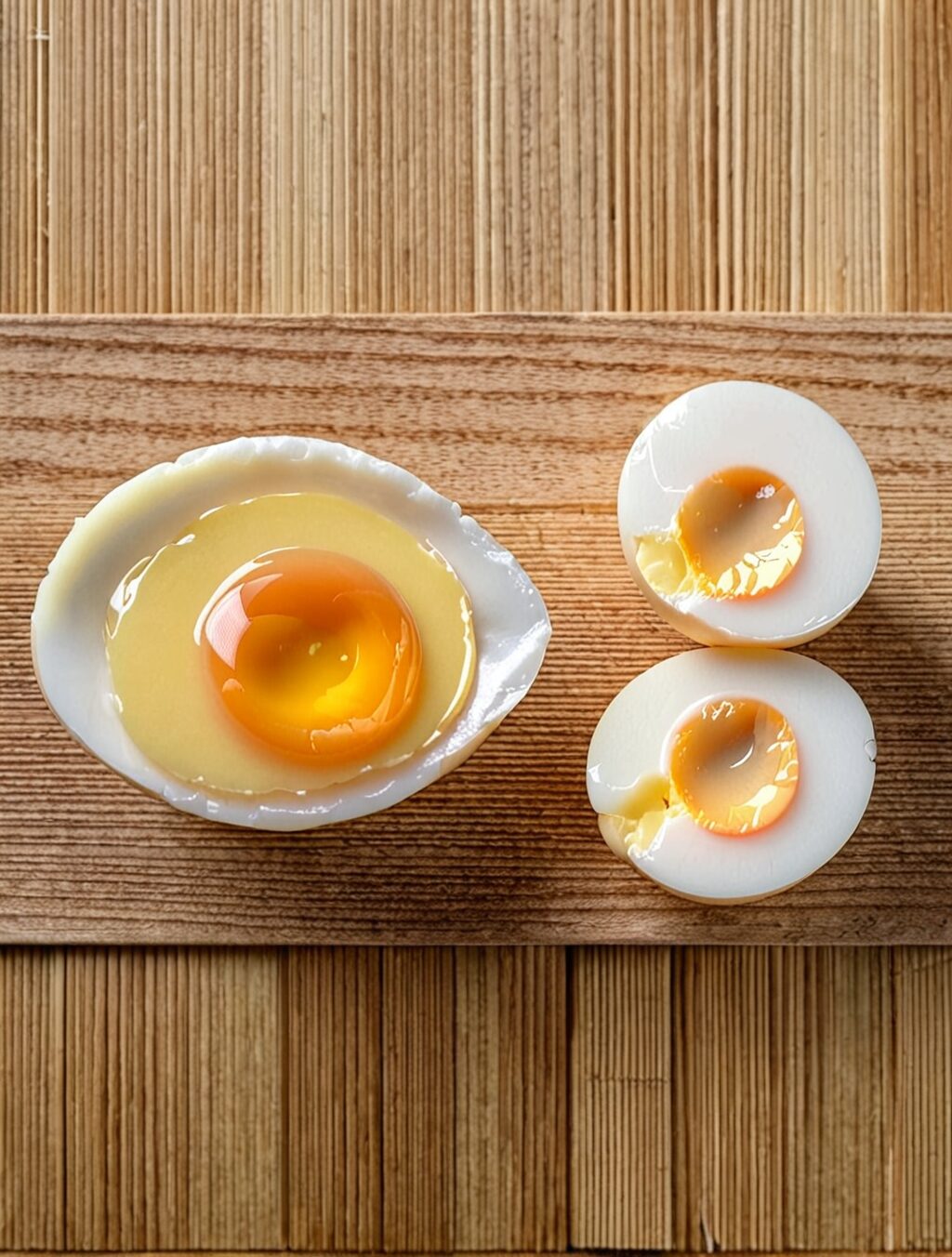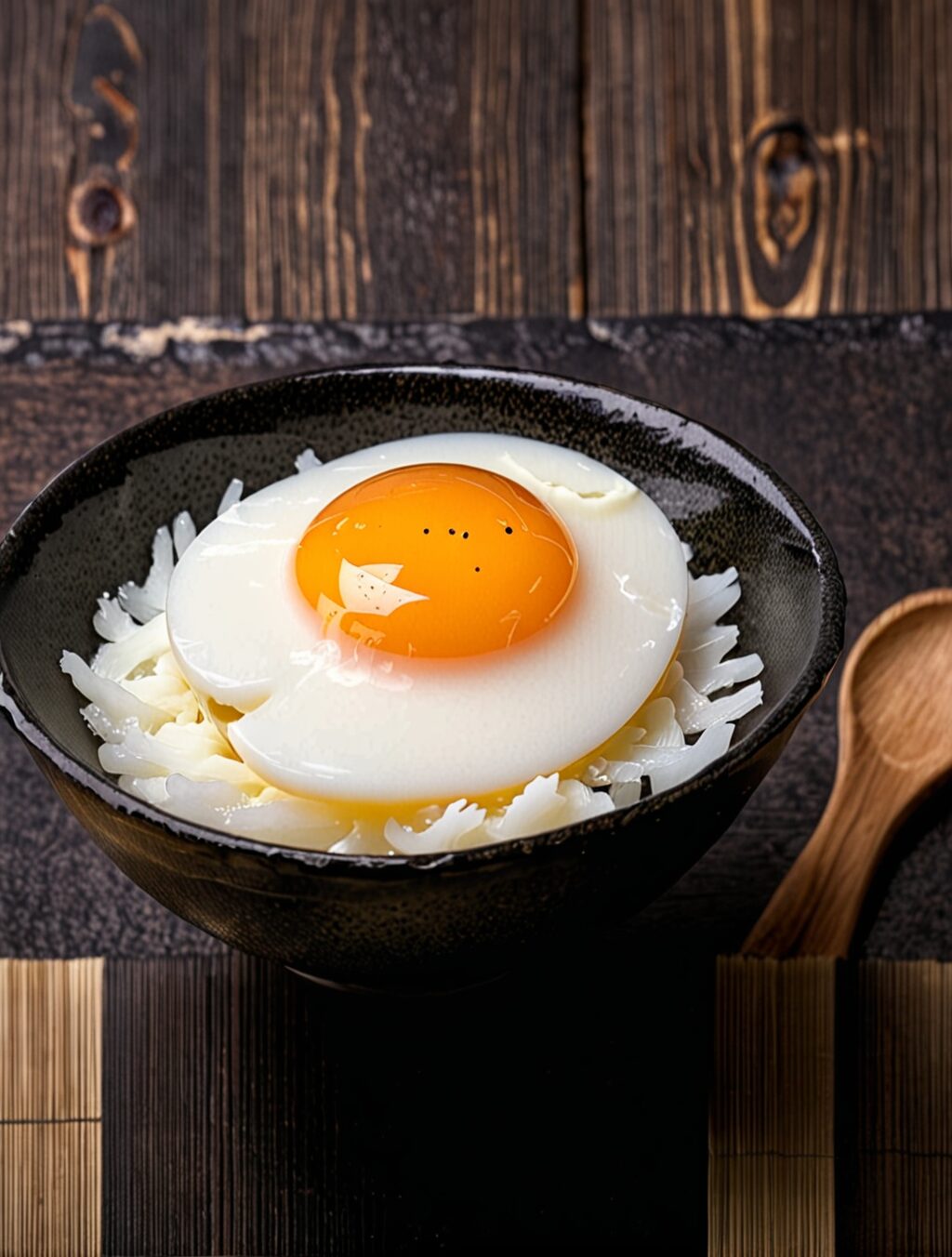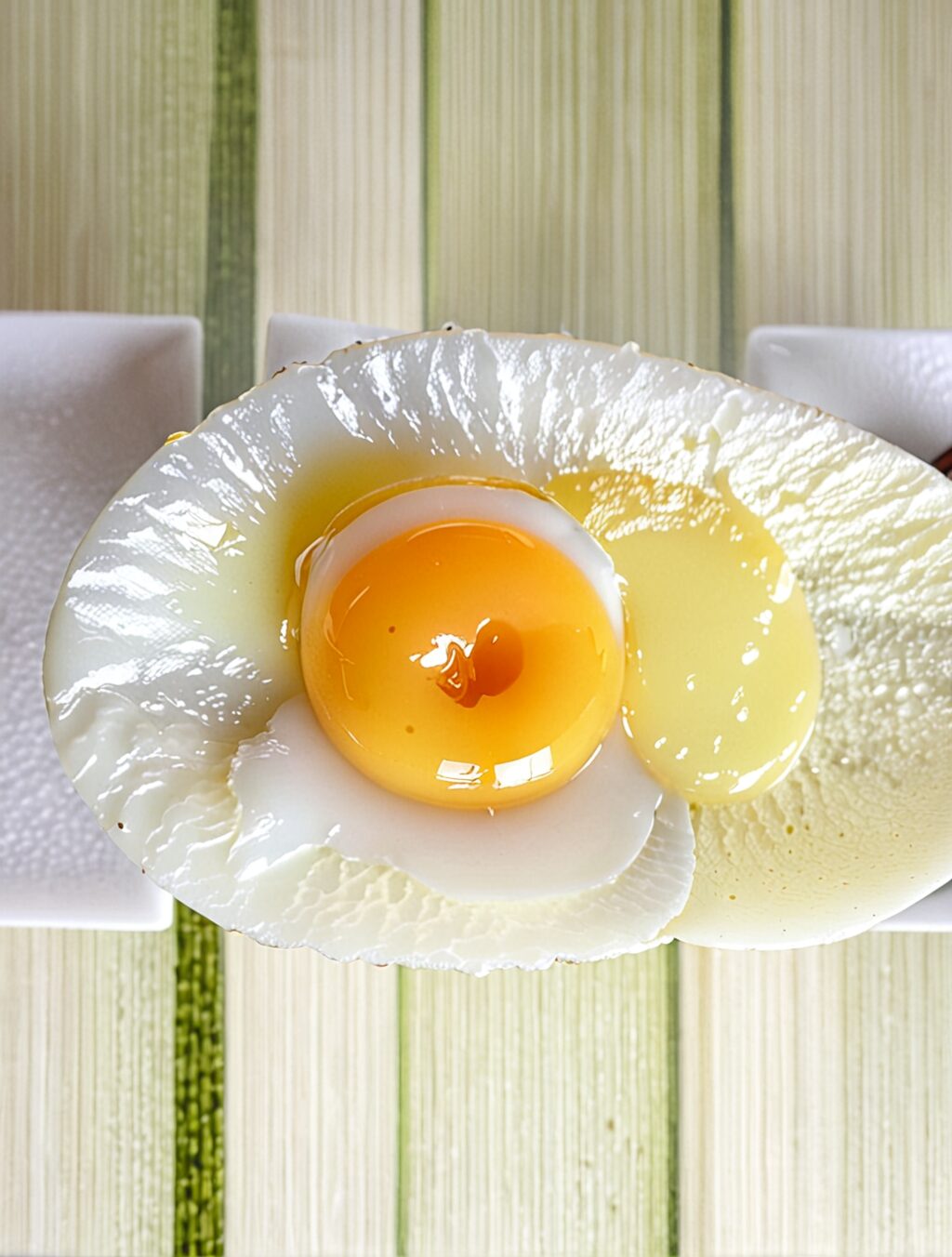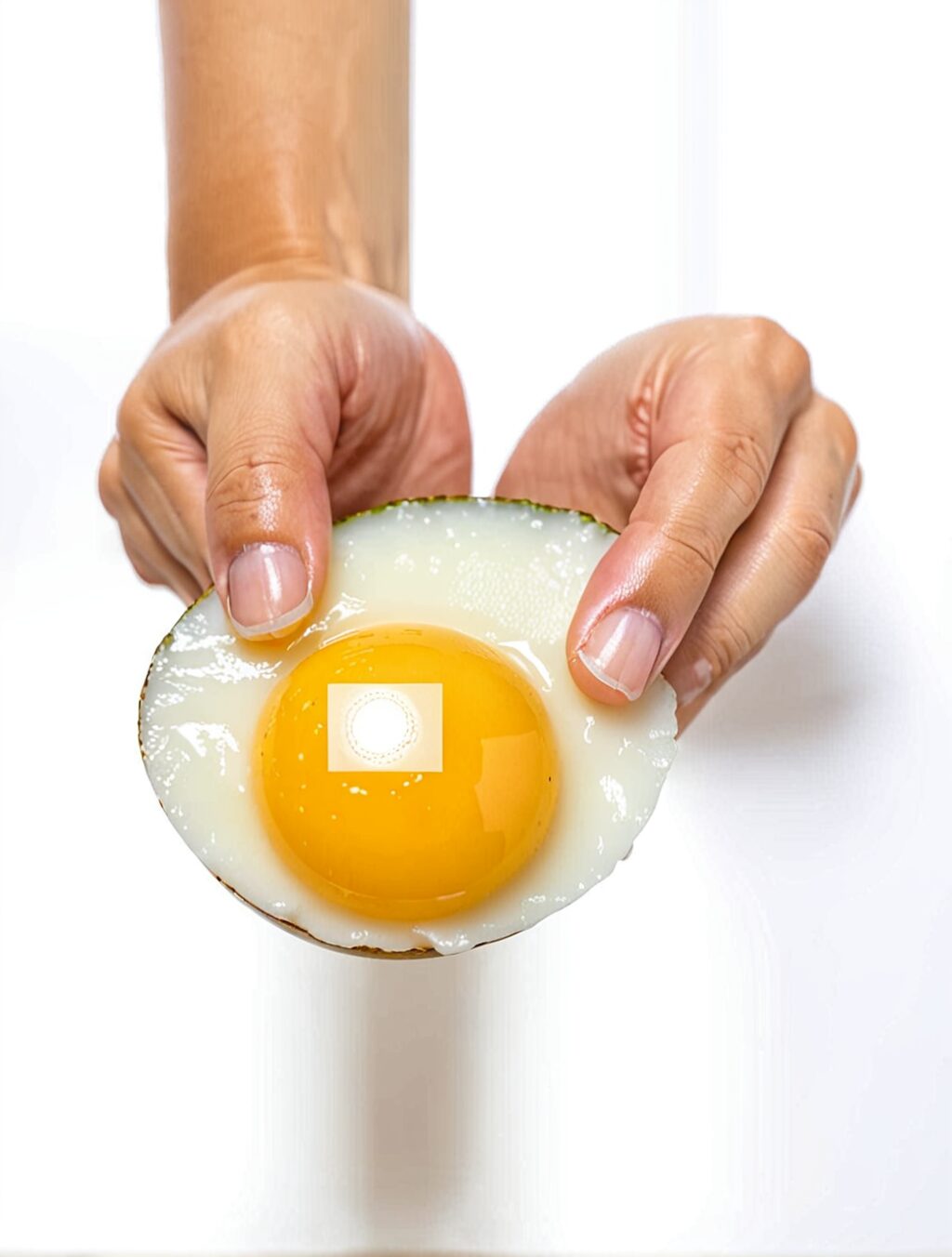Why Can You Eat Raw Eggs in Japan
Win a Free Trip to Japan!
Experience cherry blossoms and ancient temples
Have you ever wondered why you can eat raw eggs in Japan? It’s not as common in other countries, but in Japan, it’s perfectly safe to eat raw eggs. In fact, it’s a common ingredient in many Japanese dishes, such as sushi, sashimi, and tamagoyaki.
There are a few reasons why you can eat raw eggs in Japan. First, the eggs in Japan are very fresh. They are typically laid within a day or two of being sold, so they don’t have time to develop bacteria. Second, the eggs in Japan are refrigerated, which helps to keep them fresh and free of bacteria. Third, the Japanese have a very strict food safety system, which helps to ensure that the eggs are safe to eat.
Of course, there are still some risks associated with eating raw eggs. For example, there is a small risk of getting salmonella, a type of food poisoning. However, the risk is very small, and it can be further reduced by cooking the eggs thoroughly.
So, if you’re ever in Japan, don’t be afraid to try raw eggs. They’re a delicious and safe way to enjoy a traditional Japanese meal.
FAQs
- Can you eat raw eggs in other countries?
- What are the risks of eating raw eggs?
- How can you reduce the risk of getting salmonella from eating raw eggs?
It is not recommended to eat raw eggs in other countries, as the eggs may not be as fresh or refrigerated as they are in Japan.
The risks of eating raw eggs include getting salmonella, a type of food poisoning. However, the risk is very small, and it can be further reduced by cooking the eggs thoroughly.
You can reduce the risk of getting salmonella from eating raw eggs by cooking the eggs thoroughly, buying eggs from a reputable source, and refrigerating the eggs promptly after purchase.
Conclusion
Eating raw eggs in Japan is a safe and delicious way to enjoy a traditional Japanese meal. However, it is important to be aware of the risks and to take steps to reduce the risk of getting salmonella.





